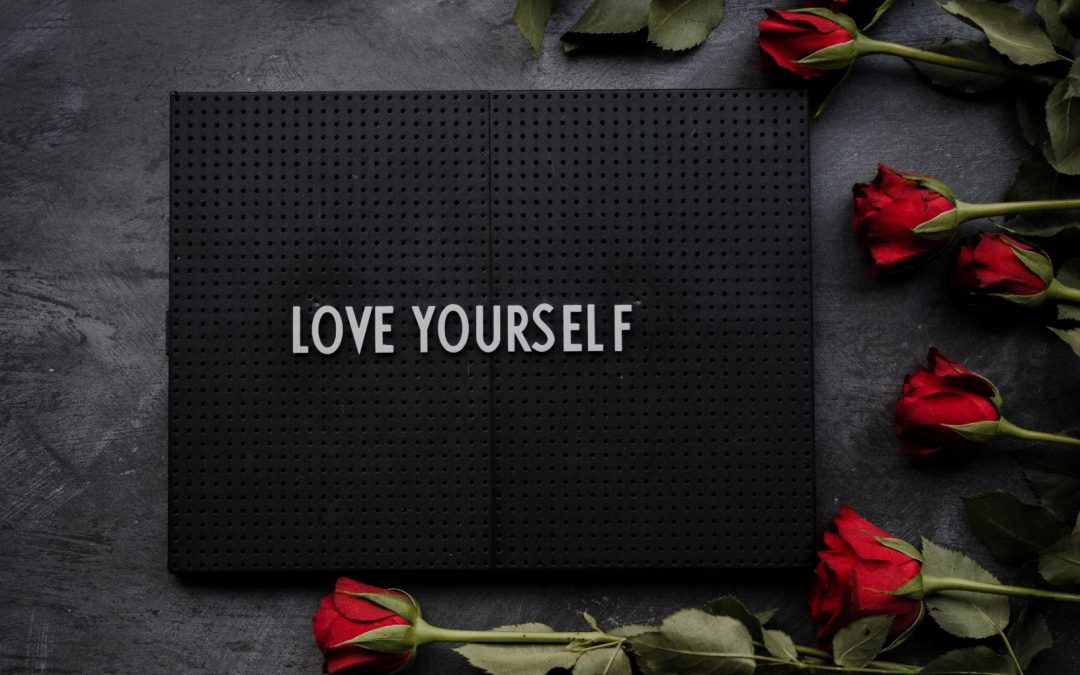Trust is a tricky one for most people, especially self-trust. While often it feels normal for people to say “trust no one”, I do think it’s important for people to trust themselves. Many of us talk about self-confidence but what about self-trust. All relationships take time, effort, and good communication especially the one you have with yourself. This blog topic was inspired by numerous interactions with my time management coaching clients. Many of them have said to me, “I don’t trust myself to get X done”. Of course, hearing that is heart-wrenching for me because I wholeheartedly believe in them so much. However, I know that no matter how much I care about them, if they don’t trust themselves, it won’t matter.
According to Psychology Today, self-trust is the firm reliance on the integrity of yourself. People who are self-trusting have clarity and confidence in their choices. Self-trust is not trusting yourself to know all the answers, nor is it believing that you will always do the right things. It’s having the conviction that you will be kind and respectful to yourself regardless of the outcome of your efforts.
If you beat yourself up a lot for mistakes or hold on to regrets, you guessed it, you should work on your self-trust. If you’re the type of person who has to ask every and anyone their opinion before they make a decision, that’s a sign that you would benefit from working on your self-trust. If you speak with a timid tone and tend to second guess yourself a lot then you also would benefit from working on your self-trust. People with self-trust, speak with authority, believe wholeheartedly in themselves, give themselves grace, and chose to learn and move forward from past experiences.
Here are 5 ways to increase your self-trust:
1. Create a book of accomplishments
Keep a notebook or digital folder full of things you love about yourself and your biggest accomplishments. Often we forget all of the amazing things we’ve accomplished. One of the first things I ask all my clients is “what is your biggest accomplishment.” I ask that because I use that to remind them of challenging things that they have accomplished. The idea is if they have accomplished something difficult before, they can do it again, no matter how hard a new task feels at first. Refer to your “brag book” whenever you feel doubtful. Keep screenshots of nice things people say about you including email shout-outs, texts, comments, etc. Use these as a booster when you’re feeling doubtful or want to feel more confident.
2. Make a “done” list
You know how we all have to-do lists, what about having a list of things you got done! For some, this can consist of crossing off items on your to-do list or you can create a separate list where you write down your wins. I enjoy journaling about my wins daily. I also like using this app called WinStreak. This app is a simple tool that reminds you at the end of every day to record your wins. Recording your wins will make you feel positive about your accomplishments, overall life, and make you feel excited for the next day.
3. Focus on the process, not the results
The majority of people don’t achieve their goals because they don’t create systems to accomplish their goals. Without a process to complete your goals, they simply won’t happen. Having the goal to hit $10K months is great but if you don’t know how you’re going to get there, you won’t. Think of it as the GPS to your destination. You use a GPS when you’re trying to go somewhere, we need that for our goals as well.
When you get very excited about your progress and the journey, you’ll stop being obsessed with the result. The problem with focusing too much on the result is you’ll get disappointed often when you don’t meet your expectations fast. But when you work on just putting in the effort, the outcomes you desire will come. Have the patience to execute on your goals without the need for immediate results and I promise you’ll get the results you want.
4. Spend time with yourself
I used to be uncomfortable spending time with myself…I know I’m not the only one. I use to live to be in the scene. As I’ve gotten older, I’ve learned about how important self-awareness, self-care, and reflection is. Caring for yourself is not self-indulgence. It is self-preservation. No matter how busy you are, you deserve time to take care of your well being. Your relationship with yourself is the longest and most important one you’ll ever have. Having consistent self-care routines lead to more positive feelings and boost your confidence and self-trust. Create a list of self-care activities, then schedule an hour every week into your calendar and spend it catering to you and you only. Personally, I indulge in self-care daily, work your way up to that for maximum effectiveness.
5. Write down what you love about yourself daily
Apologize to yourself, forgive yourself often, and focus on nurturing a safe and loving relationship with yourself. Part of my morning journaling routine includes writing down 3 things I love about myself. I got this idea from my therapist. At first, I thought the whole process was very uncomfortable and I struggled to get items written down which actually made me sad. I thought to myself, “why am I struggling to find things I love about me?!” Eventually, as I continued to do it, I started to notice that there were many things I loved about myself. It became empowering to write them down. Now I’ve been writing them down for over a year and honey!!…nobody can tell me nothing. I love me. I wish the same for you.

